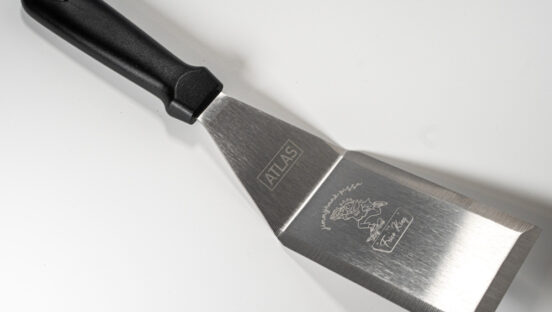The Raise the Wage Act is back, as Democrats in the U.S. Senate and House of Representatives seek to gradually bump up the federal minimum wage to $17 by 2028. But the National Restaurant Association says a provision in the bill that would also eliminate the tip credit over seven years is a “non-starter.”
Democrats have been pushing for a higher federal minimum wage for years, with no success. In 2021, Democrats proposed raising the wage to $15 an hour. The new $17 figure has been adjusted for inflation.
The latest bill is almost certain to fail in the Republican-controlled House.
Related: This bipartisan bill could help pizzeria owners save money on credit card fees
In a statement, Sean Kennedy, executive vice president of public affairs for the National Restaurant Association, said the association will “welcome a conversation” about a higher minimum wage. “We look forward to discussing with Congress the unique challenges of restaurant operators and how to plan changes so they don’t threaten business viability or damage the economies of the communities where restaurants drive job creation and tax growth.”
“But eliminating the tip credit as a compensation model is a non-starter,” Kennedy added. “This would have the perverse effect of lowering the take-home pay for countless workers who have tipped restaurant jobs.”
Kennedy said the median income for tipped restaurant workers is $27 an hour, “far above the proposed changes, so we’ll fight for them to keep the current system of tipping and that higher earning potential.”
Under current tip credit rules, restaurant employees who rely in part on tips for their income must at least earn the prevailing minimum wage for every hour they work. The restaurant operator pays part of that wage in the form of a “cash wage,” and tips make up for the rest—and, ideally, a lot more. But if their tips don’t bring employees up to the hourly minimum wage, the operator has to pay the difference.
If the tipped wage is eliminated, the association said, “operators using the tipped credit would go from paying $2.13/hour to $17.00 per hour—an increase of $14.87/hour for the operator to bear alone.”
Related: Barboncino becomes New York’s first unionized pizzeria
With the typical small-business restaurant running on a 3-5% tax margin and labor costs accounting for roughly 33% of every dollar in sales, requiring restaurant owners to meet that higher wage isn’t feasible, the association argues.
Senator Bernie Sander (I-VT), who has introduced the Raise the Wage Act in the Senate, sees it differently. In a statement, he said, “The $7.25 an hour federal minimum wage is a starvation wage. It must be raised to a living wage—at least $17 an hour. In the year 2023 a job should lift you out of poverty, not keep you in it. At a time of massive income and wealth inequality and record-breaking corporate profits, we can no longer tolerate millions of workers being unable to feed their families because they are working for totally inadequate wages. Congress can no longer ignore the needs of the working class of this country.”
Sanders and other supporters of the Raise the Wage Act estimate that it will benefit nearly 28 million Americans, or 19% of the working population.













